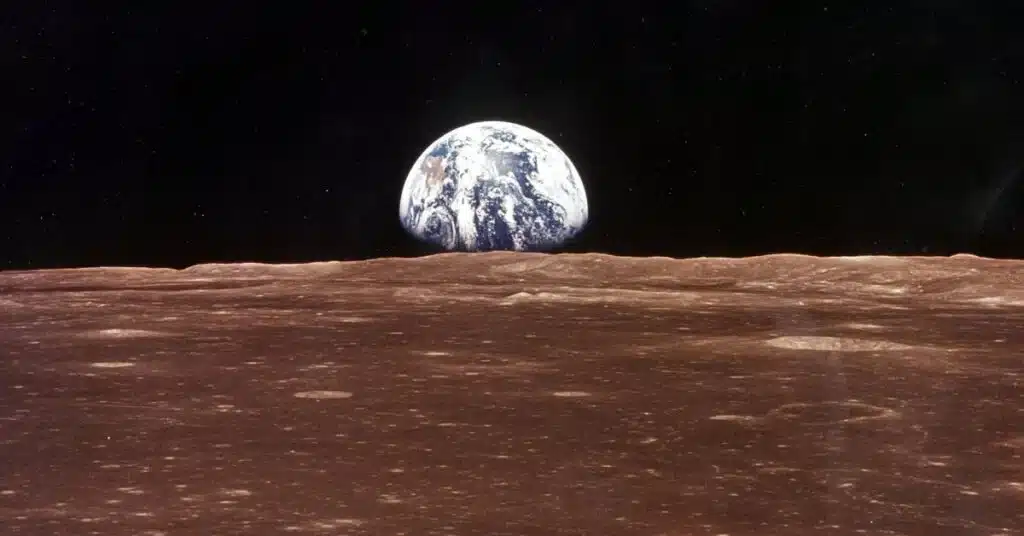Earth’s Rotation Accelerates, Resulting in Shorter Days

Reports have emerged indicating that Earth’s rotation will experience a slight acceleration on three specific days this summer: July 9, July 22, and August 5. This phenomenon will result in each day being shortened by approximately 1.3 to 1.5 milliseconds. While this change is too subtle to be noticed in daily life, it highlights the significant impact of the Moon’s gravitational pull on our planet’s rotation. Notably, the shortest day on record occurred on July 5, 2024, when the day was 1.66 milliseconds shorter than the standard 24 hours. Scientists emphasize the importance of tracking these minute variations to enhance our understanding of Earth’s dynamics and the accuracy of timekeeping.
Causes of Faster Spin
The acceleration of Earth’s rotation can primarily be attributed to the gravitational influence of the Moon. On the aforementioned dates—July 9, July 22, and August 5—the Moon will be positioned either far north or south of the equator. This positioning diminishes its tidal braking effect on Earth’s spin, allowing the planet to rotate slightly faster. This effect can be likened to a spinning top that rotates more quickly when held at its ends. Additionally, seasonal changes in mass distribution on Earth also play a role in this phenomenon. Richard Holme, a researcher at the University of Liverpool, explains that the seasonal growth of vegetation and the melting of snow in the Northern Hemisphere shift mass away from Earth’s axis. This redistribution of mass can slow the planet’s spin, similar to how an ice skater slows down by extending their arms.
Timekeeping and Technology
The variations in day length necessitate precise timekeeping measures. The International Earth Rotation and Reference Systems Service (IERS) is responsible for monitoring Earth’s rotation and adjusting Coordinated Universal Time (UTC) to align with solar time. Typically, a leap second is added when Earth’s rotation slows down. However, if the trend of accelerated rotation persists, scientists have proposed the concept of a “negative leap second,” which would involve removing a second to keep clocks synchronized. Dr. Michael Wouters from Australia’s National Measurement Institute notes that implementing such a change would be unprecedented. He adds that even if a few seconds were to accumulate over several decades, it would likely go unnoticed by the general public. Dr. David Gozzard from the University of Western Australia highlights that critical systems such as GPS satellites, communication networks, and power grids depend on atomic clocks that are synchronized to nanosecond precision. Consequently, millisecond-scale fluctuations in Earth’s rotation can be easily accommodated by these advanced technologies.
Observer Voice is the one stop site for National, International news, Sports, Editor’s Choice, Art/culture contents, Quotes and much more. We also cover historical contents. Historical contents includes World History, Indian History, and what happened today. The website also covers Entertainment across the India and World.

